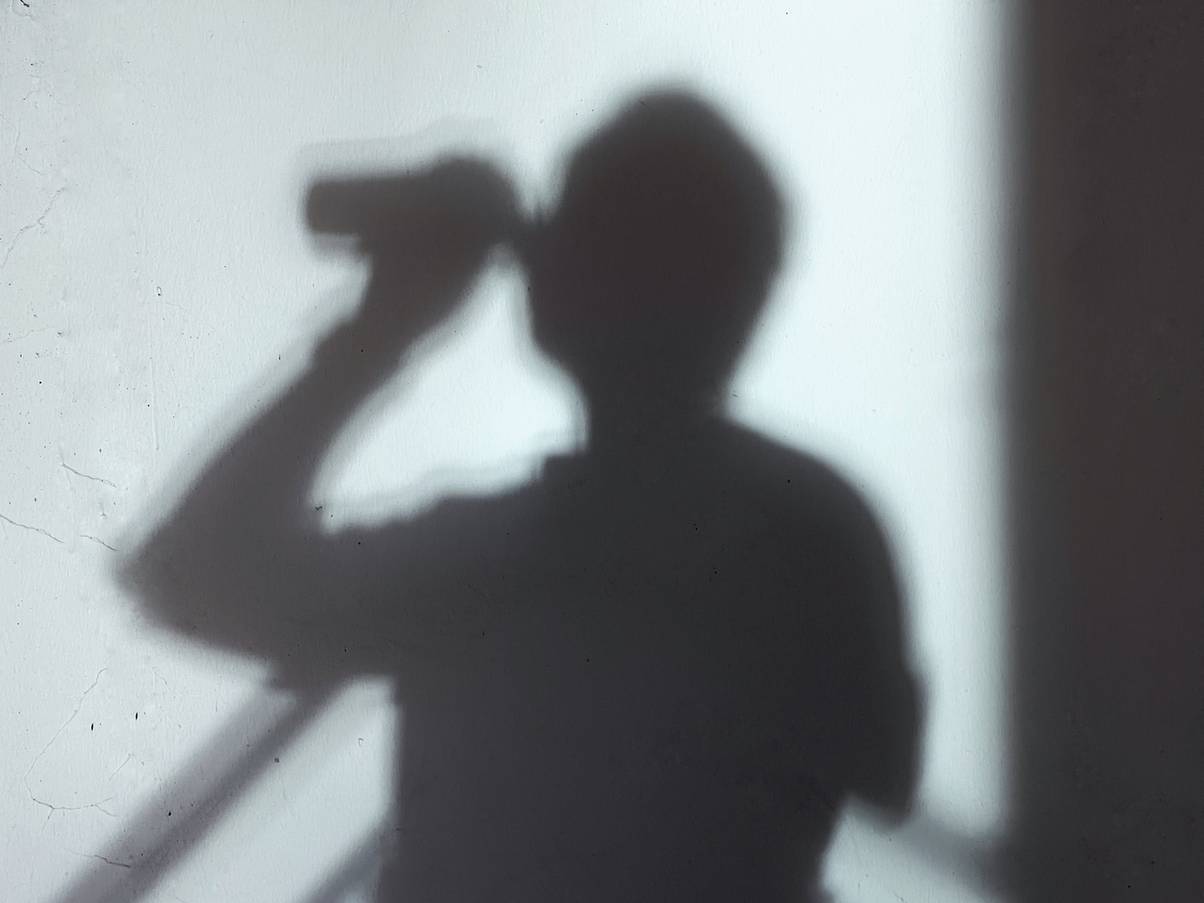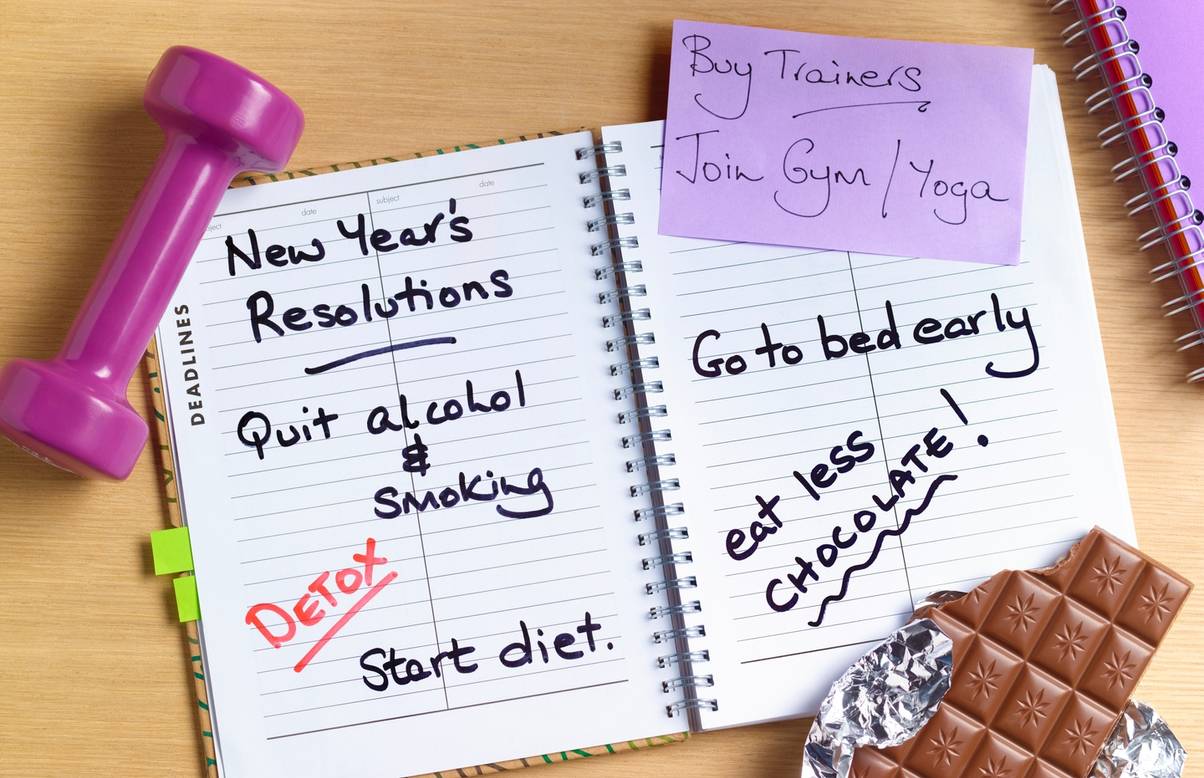
A psychologist who struggled with addiction has explained how to spot whether you might have one yourself.
Dr. Adi Jaffe struggled with drugs and alcohol and spent some time in jail. After being released, he returned to education and got a PhD in psychology.
Speaking to Fox News, the psychologist explained how someone who fears they have an addiction can try to identify it and work out what to do about it.
What can you be addicted to?

When thinking of addiction, many people will link it to a particular substance, a drug or alcohol, but according to the psychologist, addiction comes in many more forms than people think.
Gambling is a common form of addiction that doesn’t require the consumption of a substance, but Dr Jaffe noted that people could also be addicted to ‘work and success’ as well.
“When things get hard and get tough, they want to go to work,” he said, adding that getting addicted to things like your phone or social media in general was also possible.
“They believe success or performance will make them feel better, but it can cause damage just like other addictions.
“When your phone buzzes or pings, you don’t know what’s there, so it’s a novelty that’s interesting, and it releases dopamine. You almost literally cannot help yourself.”
Recognising you have an addiction means knowing you’re doing something you can be addicted to.
Spotting the behaviours of addiction

With all sorts of things to be addicted to, Dr Jaffe explained that knowing you were addicted to it was important.
He said: “If you engage in a behaviour of any sort over long periods of time that robs you of your ability to be fully present in your life -and it bothers you, but you can’t find yourself stopping it, even though you’ve tried over and over – to me, that qualifies.”
How many times have you been scrolling on your phone, wondered why you were wasting so much time doing it, and then went right back to scrolling?
Being bothered by your own behaviour but not stopping it seems to be part of the sign that you may have an addiction.
The ‘hooks’ of addiction

The psychologist said that in most cases, there is an underlying reason why people do things which are not good for them.
He describes this thing as a ‘hook’, explaining: “The reason you do it is that at some point earlier in your life, there was pain or struggle or emotional discomfort.
“And you discovered that when you engaged in the behaviour, that discomfort went away. So the behaviour was actually a medicine of sorts for a problematic undercurrent.”
Dr Jaffe said that his own ‘hook’ had been social anxiety, and that when he was a teenager, he drank alcohol to avoid looking awkward.
Alcohol had ‘solved’ one problem, but ended up causing many more, as he said he became ‘trapped in the world of drugs and alcohol’.
Stopping addiction

The psychologist said one of the biggest mistakes people with addiction made once they realised they had one was attempting to cut it out without any sort of plan.
Dr Jaffe said people would mistakenly ‘stop ourselves from doing what we don’t like’, when his preferred solution was replacing it with something else, like smokers taking up chewing gum or some other behaviour.
Adding that it was ‘okay to fall flat on your face a number of times’ when trying to kick an addiction. As long as you ‘keep going’, he explained that you would need to find some way of replacing what you were doing.